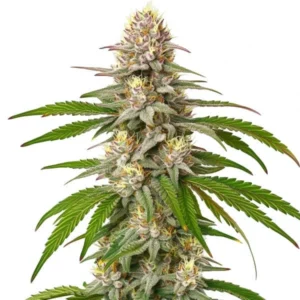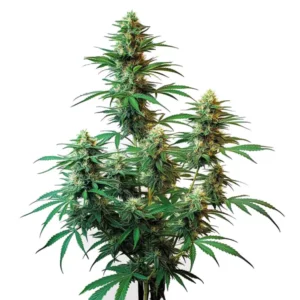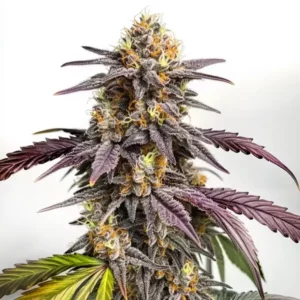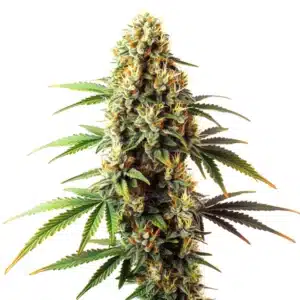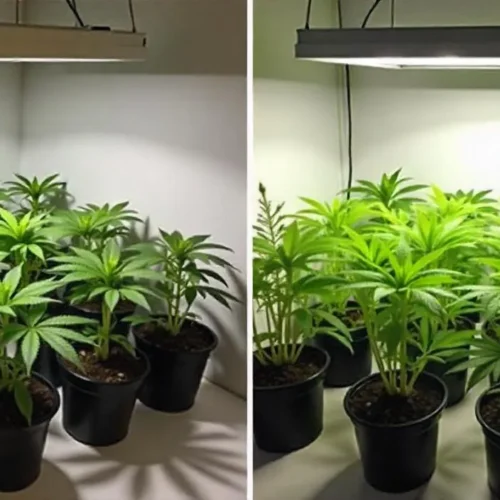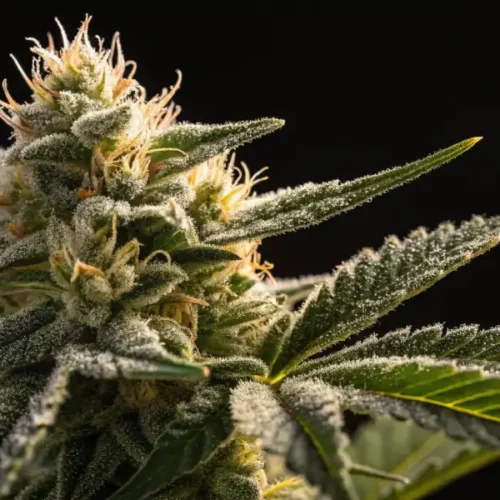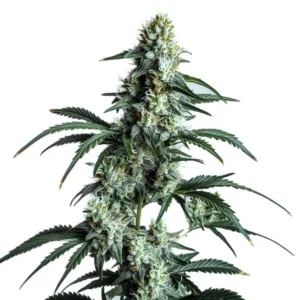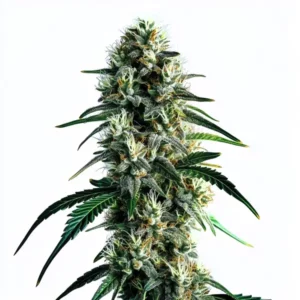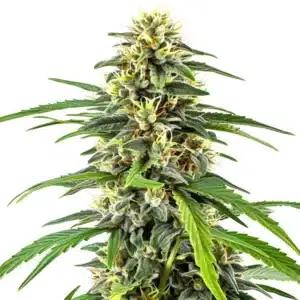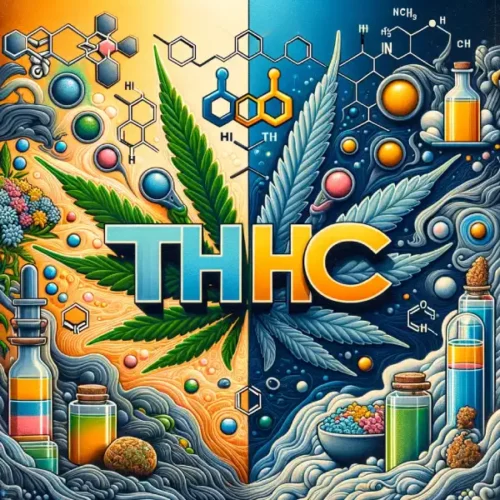The debate about how to classify cannabis has been a topic of discussion for many years. A common question is whether weed, often referred to as marijuana, should be considered a stimulant. In this detailed article, we will explore the scientific research and clarify whether cannabis fits the definition of a stimulant.
Is Weed a Stimulant?: Defining Stimulants
Before delving into the characteristics of cannabis, it’s crucial to establish what classifies a substance as a stimulant. Stimulants are substances that increase activity in the central nervous system, resulting in heightened alertness, energy, and attention. Common examples include caffeine, nicotine, and amphetamines.
The Components of Cannabis: Is Weed a Stimulant?
Cannabis is a plant known for its rich chemical composition, and its effects on the human body are primarily attributed to two major compounds: THC (tetrahydrocannabinol) and CBD (cannabidiol). These compounds interact with the body’s endocannabinoid system, a complex network of receptors and neurotransmitters that regulate various physiological functions.
THC: The Primary Psychoactive Compound
THC is the primary psychoactive compound found in cannabis. It’s responsible for the euphoric sensations commonly associated with marijuana use. When THC binds to specific receptors in the brain, it triggers a cascade of chemical reactions, leading to altered perceptions, relaxation, and sometimes increased alertness.
While THC can induce heightened alertness in some users, its mechanisms differ significantly from those of traditional stimulants like caffeine or amphetamines. Rather than directly stimulating the central nervous system, THC exerts its effects through interaction with the endocannabinoid system.
CBD: The Non-Psychoactive Counterpart
In contrast to THC, CBD is a non-psychoactive compound. It doesn’t lead to the characteristic “high” associated with marijuana use. Instead, CBD interacts with receptors in the endocannabinoid system, producing a wide range of effects, including relaxation, stress relief, and potential therapeutic benefits.
CBD’s distinct mode of action further illustrates the nuanced nature of cannabis. It provides a counterpoint to the stimulating effects that THC can produce in certain situations, adding to the complexity of categorizing cannabis as a stimulant.

The Dual Nature of Cannabis: Stimulant or Sedative?
Cannabis is renowned for its dualistic effects. Depending on factors such as strain, dosage, and individual response, it can act as both a stimulant and a sedative. Some users report increased energy, heightened creativity, and enhanced focus, which are characteristics often associated with stimulants.
Conversely, other individuals experience a sense of relaxation, tranquility, and even drowsiness, mirroring the effects typically attributed to sedatives. This duality further underscores the challenge of definitively classifying cannabis as either a stimulant or a depressant.
Scientific Studies and the Stimulant Question
Numerous scientific studies have explored the effects of cannabis on the central nervous system. While some research suggests that cannabis can lead to increased alertness and enhanced cognitive function in certain contexts, it’s essential to note that these effects are not consistent across all users.
This variability in response is a key factor in the ongoing debate over whether weed can be accurately classified as a stimulant. The interplay between individual biochemistry, dosage, and method of consumption introduces a level of complexity that sets cannabis apart from traditional stimulants.
In conclusion, while cannabis can induce stimulant-like effects in some individuals, it’s not accurate to categorize it as a traditional stimulant. The intricate interactions between its chemical components and the individual’s physiological makeup make cannabis a unique substance with a range of effects.
Remember, when considering cannabis consumption, always seek information from reputable sources and be mindful of local regulations. For those interested in cultivation, online purchase of seeds from trusted providers like Blimburn Seeds offers a convenient and legally compliant option. With a diverse selection and international shipping options, Blimburn Seeds ensures a seamless experience for cultivators worldwide.
Promos & Deals
How Individual Variability Affects Growth and Results
When it comes to the effects of weed on an individual, a crucial factor to consider is the significant role played by individual variability. This encompasses a wide range of elements, each contributing to the diverse experiences people have with cannabis.
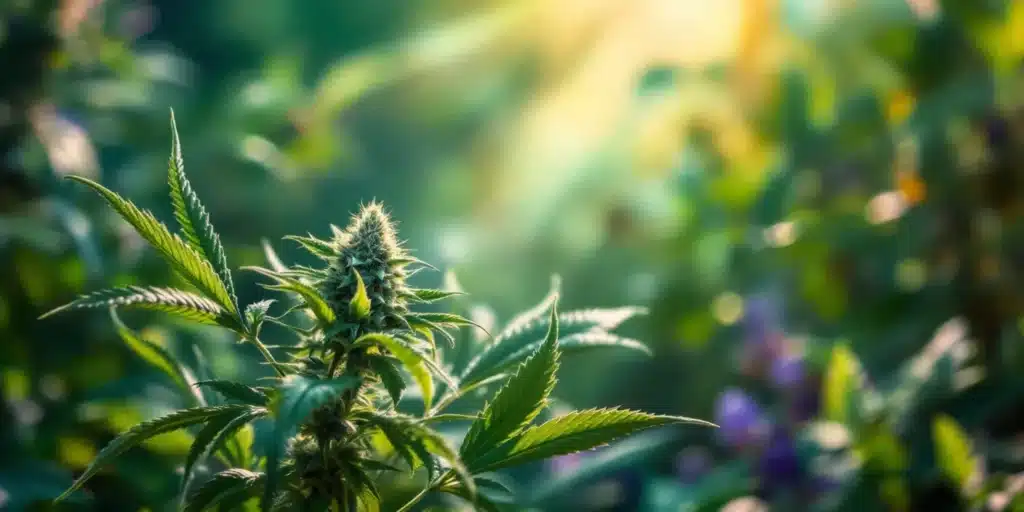
Is Weed a Stimulant?: Dosage and Potency
The amount and potency of THC in a particular strain of cannabis are pivotal in determining its effects on an individual. A higher THC concentration is more likely to induce stimulating sensations, leading to increased alertness and heightened sensory perception. Conversely, lower THC levels tend to produce more relaxing effects.
Is Weed a Stimulant?: Method of Consumption
The method of consumption also significantly influences how cannabis affects an individual. Smoking or vaporizing cannabis delivers a rapid onset of effects, often with a more pronounced initial stimulation. On the other hand, edibles metabolize differently and can lead to a more gradual and prolonged experience, which may include both stimulating and sedative sensations.
Is Weed a Stimulant?: Individual Biochemistry
Each person’s unique biochemical makeup plays a critical role in how they respond to cannabis. Enzyme activity, receptor sensitivity, and genetic factors can all impact the body’s reaction to THC and other cannabinoids. This is why individuals may have markedly different experiences even when consuming the same strain.
Is Weed a Stimulant?: Tolerance and Experience
Tolerance, which develops with repeated use, can significantly alter an individual’s response to cannabis. Experienced users may find that they need higher doses to achieve the same effects that a novice user experiences with a lower dose. This can further complicate the categorization of weed as a stimulant, as the level of tolerance can shift the perceived intensity of its effects.
Is Weed a Stimulant?: Psychological State and Setting
An individual’s psychological state and the environment in which they consume cannabis can profoundly influence their experience. Factors such as stress, anxiety, or a highly stimulating environment may amplify the stimulant-like effects of cannabis. Conversely, a relaxed and calm setting may lead to a more sedative experience.
Is Weed a Stimulant?: The Interplay with Other Substances
The presence of other substances in an individual’s system can also interact with the effects of cannabis. Alcohol, for example, may intensify the stimulating properties of weed, while certain medications could produce unexpected interactions.
In light of these considerations, it becomes evident that categorizing weed solely as a stimulant oversimplifies its complex nature. The interplay of dosage, method of consumption, individual biochemistry, tolerance, psychological state, and setting all contribute to the diverse range of experiences associated with cannabis.
Embracing Informed Consumption
The intricacies of how weed affects individuals underscores the importance of making informed choices about its use. It also emphasizes the need for open, honest discussions surrounding the classification of cannabis. By acknowledging the multifaceted nature of cannabis, we can approach the topic with a nuanced perspective, ultimately leading to more accurate and beneficial conversations about its effects and legal status.
The classification of cannabis is crucial in the context of legal regulations. The legal status of marijuana varies widely across different jurisdictions, and misconceptions about its classification can have significant consequences for users.
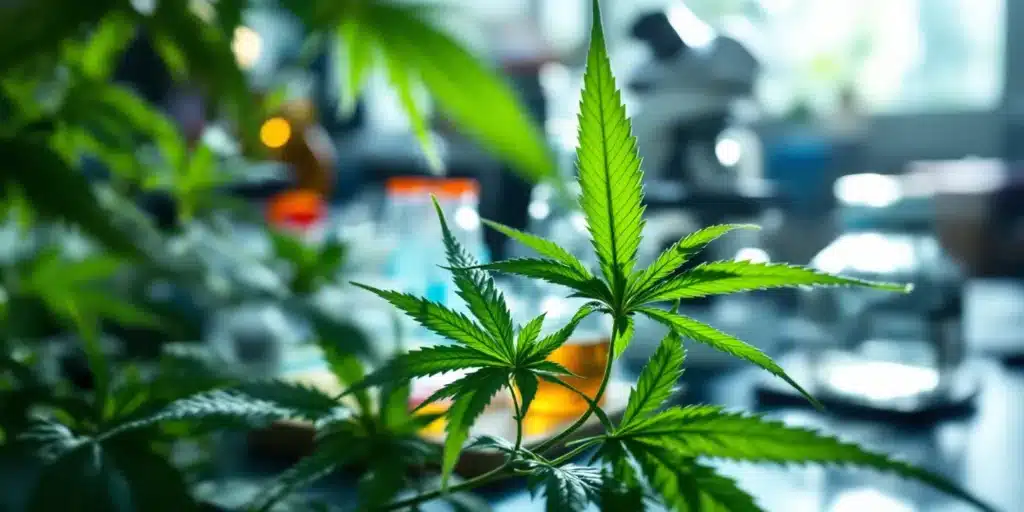
Is Weed a Stimulant
In conclusion, while cannabis can induce stimulant-like effects in some individuals, it is not accurate to classify it as a traditional stimulant. The complex interplay of its chemical compounds and individual reactions makes it a unique substance with a range of effects. These nuances is crucial for both informed consumption and discussions surrounding the legal status of cannabis.
Advocating for Online Cannabis Seed Purchase
For those interested in cultivating their own cannabis plants, online purchase of seeds provides a convenient and legally sound option. Blimburn Seeds offers a diverse selection of high-quality cannabis seeds, catering to both novice and expert cultivators. With warehouses strategically located in the United States and Canada, Blimburn Seeds ensures a hassle-free experience for customers worldwide.
Remember, making an informed choice about cannabis consumption is paramount. Always consult local regulations and make decisions based on accurate information.

